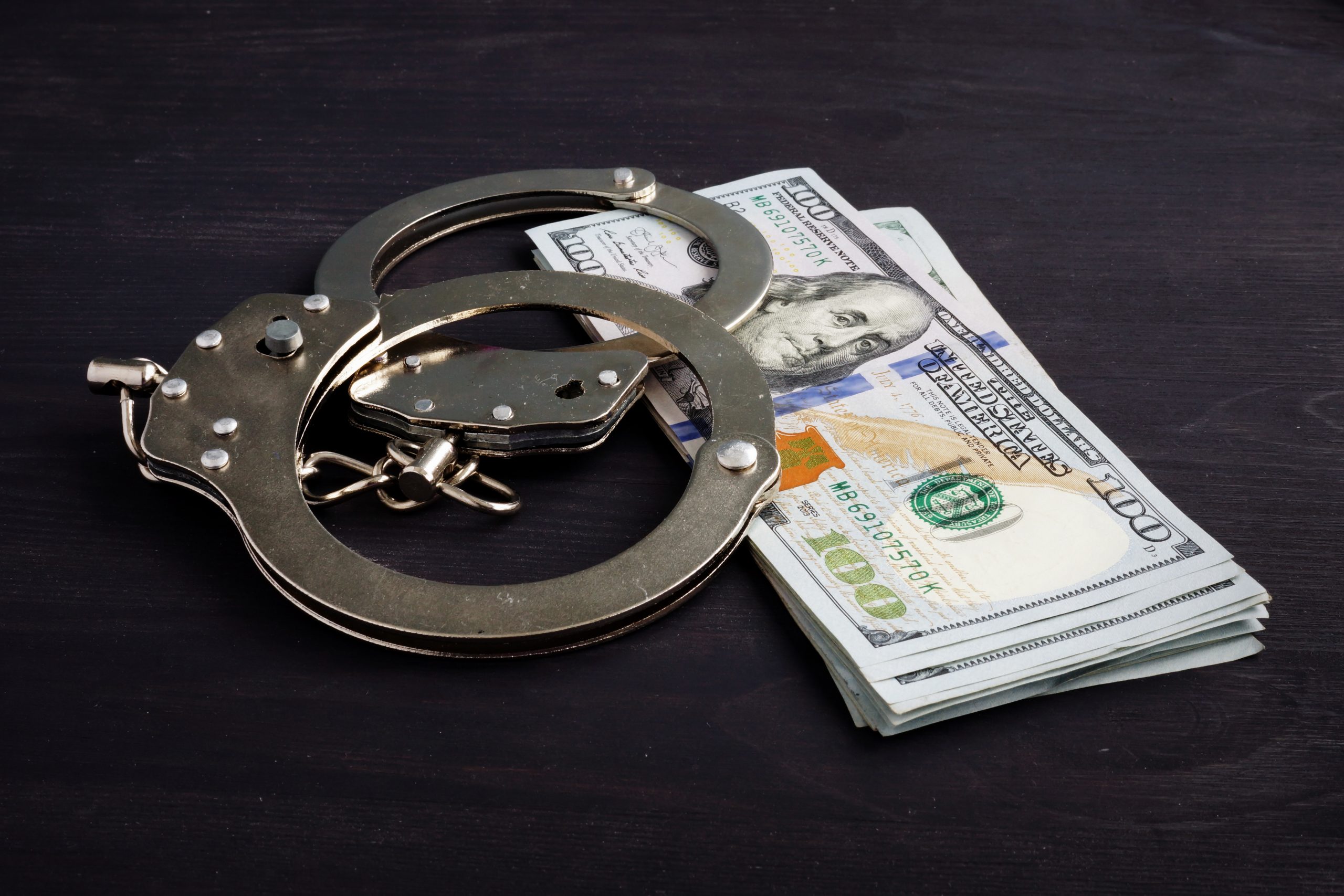8 Qualities to Look for in a Great Bail Bondsman (and the Red Flags to Avoid) – Guest Post

If you or someone you know is currently facing time in jail, it’s an incredibly stressful and overwhelming situation. Hiring a bail bondsman can alleviate some of the financial burdens, but how do you know who to trust? With so many options available, it’s important to know which qualities make for a great bail bondsman and which ones make for a not so great one.
In this post, we’ll outline eight qualities that separate the two, so you can make an informed decision about who to work with during this tough time.
Communication Skills
One of the most crucial qualities in a bail bondsman is effective communication. Your bail bondsman should be able to explain the bail process clearly and answer all your questions in plain language. They should also be able to communicate with you in a timely manner, so you never feel out of the loop.
If a bondsman is difficult to reach or doesn’t make themselves available to you, this is a red flag. Other red flags to watch out for when it comes to communication include not being able to effectively explain the bail process in plain language, not responding to your calls or emails quickly enough, and avoiding answering questions. A great bail bondsman will make themselves available and answer any of your questions without hesitation.
Experience and Knowledge
Another important trait in a bail bondsman is expertise. You want someone who has a deep understanding of the legal system and years of experience in the bail industry. A seasoned bail agent will be able to navigate paperwork and procedures with ease, ensuring a smooth and speedy release.
Avoid inexperienced bail bondsmen who may not have the knowledge and connections necessary to get the job done right. Other signs of inexperience include not being able to answer questions confidently, not having referrals from other satisfied clients, and not being well-versed in local laws regarding bail. Inexperienced bondsmen may also require more paperwork than necessary, so keep an eye out.
Fees and Transparency
Bail can be expensive, and you want a bail bondsman who is up front about their fees and pricing structure. A good bail bondsman will be transparent about the costs associated with the bond and won’t surprise you with hidden fees, and they should provide Payment Plans Bail Bonds. They should also provide detailed receipts and documentation to show all transactions. If a bondsman is evasive about costs or seems to be hiding information, this is a warning sign.
Professionalism
A great bail bondsman will always maintain a high level of professionalism. They should dress appropriately, behave respectfully, and treat you with courtesy and kindness. If a bail agent is rude, pushy, or unprofessional in any way, it’s best to move on and find someone else.
Other red flags to watch out for when it comes to a bail bondsman’s professionalism include not following through on promises, being vague or evasive about important information, and not taking responsibility for mistakes. A great bail bondsman will always do their best to meet your needs and take ownership of any issues that may arise. They should never leave you feeling frustrated or confused, and should always have your best interests at heart.
Availability
When you need a bail bondsman, you need them now. Look for a bail agent who is available 24/7 and can respond to your needs promptly. If a bondsman is difficult to reach or always seems to be out of the office, they may not be the best choice for you. If they take more than 24 hours to reply, this could be an indication that they may not be able to provide the timely service you need when you’re facing jail time.
Compassion
Going through the legal system and facing arrest can be incredibly stressful and emotional. A great bail bondsman will understand this and provide compassionate service to help ease your worries. They should be kind and empathetic, allowing you to feel comfortable during a difficult time.
If a bail agent seems uncaring or dismissive of your concerns, they may not be the right fit. A good bail bondsman will provide compassionate service, make themselves available whenever necessary, and do everything in their power to ensure a successful outcome. If any of these qualities are absent, it’s best to look for another option.
Licensing and Insurance
It’s critical that you work with a bail bondsman who is licensed and insured. This ensures that they are qualified to provide bail services and that you are protected in case any legal issues arise. Don’t hesitate to ask for proof of licensing and insurance before working with a bail agent.
Trustworthiness
Finally, one of the most crucial qualities in a bail bondsman is trustworthiness. You’re working with this person in a high-stakes situation, and you need to be able to rely on them fully. Look for a bondsman with a solid reputation, proven track record, and positive reviews from past clients.
If something seems off about a bail agent or you just have a bad feeling, it’s better to be safe than sorry. Do some research and look for reviews and referrals from past clients, and don’t hesitate to ask questions about fees, insurance, and licensing. If a bail agent is evasive or not forthcoming with details, this could be a red flag. Ultimately, you’ll want to feel comfortable with your choice of bail bondsman so that you can trust them to handle the situation properly.
Choosing the right bail bondsman can make a world of difference when you or someone you love is facing legal troubles. By looking for these eight key qualities in a bail agent, you can feel confident in your choice and ensure a successful outcome. Remember, communication, experience, fees, professionalism, availability, compassion, licensing, and trustworthiness are all crucial factors to consider when selecting a bail bondsman. By doing your research and asking the right questions, you can find the perfect partner to navigate the system and secure your freedom.





Recent Comments